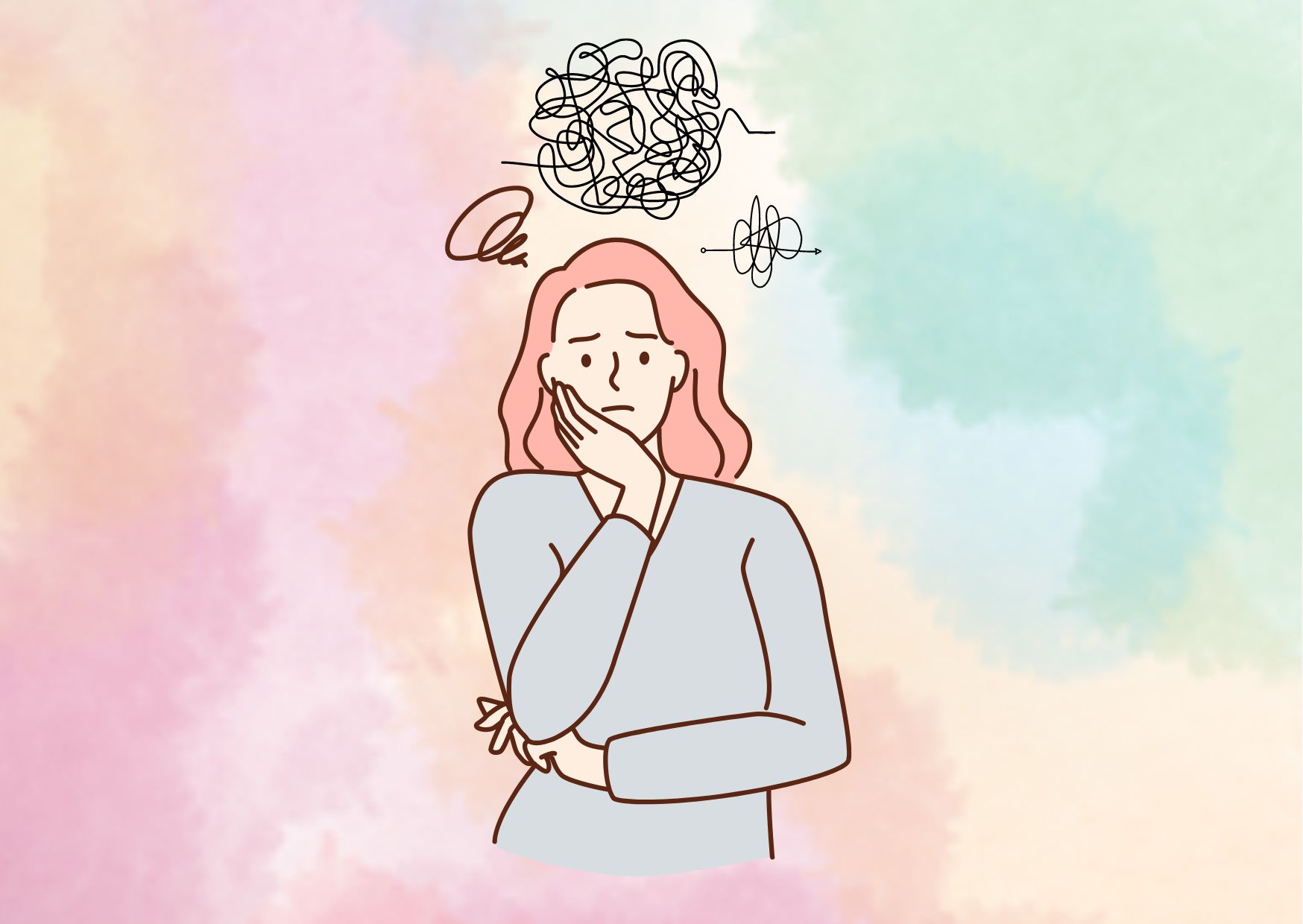The Physiological Response to Anxiety
Unlike worry, anxiety has both cognitive and physiological components. When experiencing anxiety, our bodies react to perceived threats by triggering the fight-or-flight response. This response involves the release of stress hormones like adrenaline and cortisol, which prepare our bodies for action. Symptoms of anxiety can vary from person to person but may include:
- Restlessness or feeling on edge
- Fatigue or tiredness
- Difficulty concentrating
- Irritability
- Muscle tension or knots
- Sleep disturbances, such as trouble falling or staying asleep
It’s important to note that experiencing occasional anxiety is normal. However, if anxiety symptoms persist and significantly impair your daily functioning, it may be indicative of an anxiety disorder.
Suggestion for read: Overcoming Anxiety
Differentiating Normal Anxiety from Clinical Anxiety
Normal anxiety falls within a spectrum and can be adaptive in certain situations. For example, feeling anxious before an important presentation or during a challenging exam can motivate us to perform better. On the other hand, clinical anxiety refers to intense and chronic anxiety that negatively affects daily life.
To diagnose anxiety disorders, mental health professionals conduct a thorough psychological examination. They assess the duration and intensity of anxiety symptoms, as well as their impact on various aspects of life. Treatment options for anxiety disorders may include medication, psychotherapy, or a combination of both.
Tips for Managing Anxiety
If you find yourself struggling with anxiety, there are several strategies you can employ to help manage and alleviate symptoms. While it’s important to seek professional help for an accurate diagnosis and personalized treatment, the following tips can complement professional interventions:
- Practice Deep Breathing and Relaxation Techniques: Deep breathing exercises, progressive muscle relaxation, and mindfulness meditation can help calm your body and mind during times of anxiety.
- Engage in Regular Physical Activity: Physical exercise has been shown to reduce anxiety symptoms by releasing endorphins, improving mood, and promoting overall well-being. Find an activity that you enjoy and aim for regular participation.
- Establish a Consistent Sleep Routine: Prioritize quality sleep by creating a relaxing bedtime routine, avoiding screens before bed, and ensuring a comfortable sleep environment. Sufficient sleep contributes to emotional resilience and can help manage anxiety.
- Limit Caffeine and Alcohol Consumption: Stimulants such as caffeine can exacerbate anxiety symptoms, while alcohol may temporarily provide relief but can worsen anxiety in the long run. Be mindful of your consumption and its impact on your anxiety levels.
- Practice Self-Care and Stress Management: Engage in activities that bring you joy and help you relax. This may include hobbies, spending time in nature, listening to music, or practicing self-compassion. Additionally, stress management techniques like time management and setting healthy boundaries can help alleviate anxiety triggers.
- Seek Support: Reach out to trusted friends, family members, or support groups who can provide a listening ear and emotional support. Sharing your feelings and experiences with others can help reduce the burden of anxiety.
While these strategies can be helpful, everyone’s experience with anxiety is unique. It’s crucial to find what works best for you and to consult with a mental health professional for personalized guidance and treatment options.
Worry and Anxiety – Seeking Professional Help: Online Counseling and Therapy
In some cases, professional intervention may be necessary to effectively manage anxiety. Online counseling and therapy platforms, such as Inquire Talk, offer convenient and accessible mental health support. Online therapists provide evidence-based interventions and support individuals in navigating their emotional well-being from the comfort of their own homes.
Online counseling and therapy can be particularly beneficial for those who prefer the flexibility of virtual sessions or have limited access to in-person mental health services. It allows individuals to connect with licensed therapists through secure and confidential video sessions, chat, or phone calls.
If you believe you may be experiencing an anxiety disorder or would like to explore online counseling options, consider reaching out to a mental health professional for an assessment and guidance.
Conclusion
Understanding the difference between worry and anxiety is essential for managing your mental well-being effectively. While worry involves specific thoughts and can be resolved through problem-solving, anxiety is a more intense and pervasive emotional state that may require professional intervention.
By implementing strategies to manage worry and anxiety, seeking support from trusted individuals, and considering online counseling and therapy options, you can take proactive steps towards improving your mental well-being. Remember, you don’t have to navigate these emotions alone, and support is available to help you lead a fulfilling and balanced life.
At Inquire Talk, we understand the significance of mental health and well-being ineveryday life. As an online counselling and therapy platform, we are passionate about providing support and assistance to individuals navigating the complexities of their emotional lives. Our therapists are dedicated to providing online counselling and therapy services to individuals seeking support in their everyday life and emotional well-being.
Here are few certified therapists who you can get in touch and book a therapy session with:
John Hilsdon
Pete Tobias
Nick Gendler
